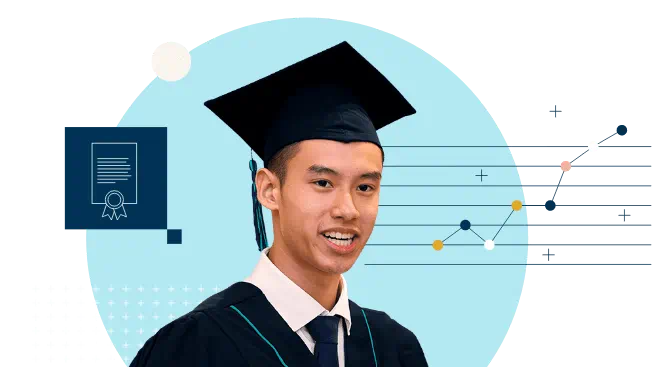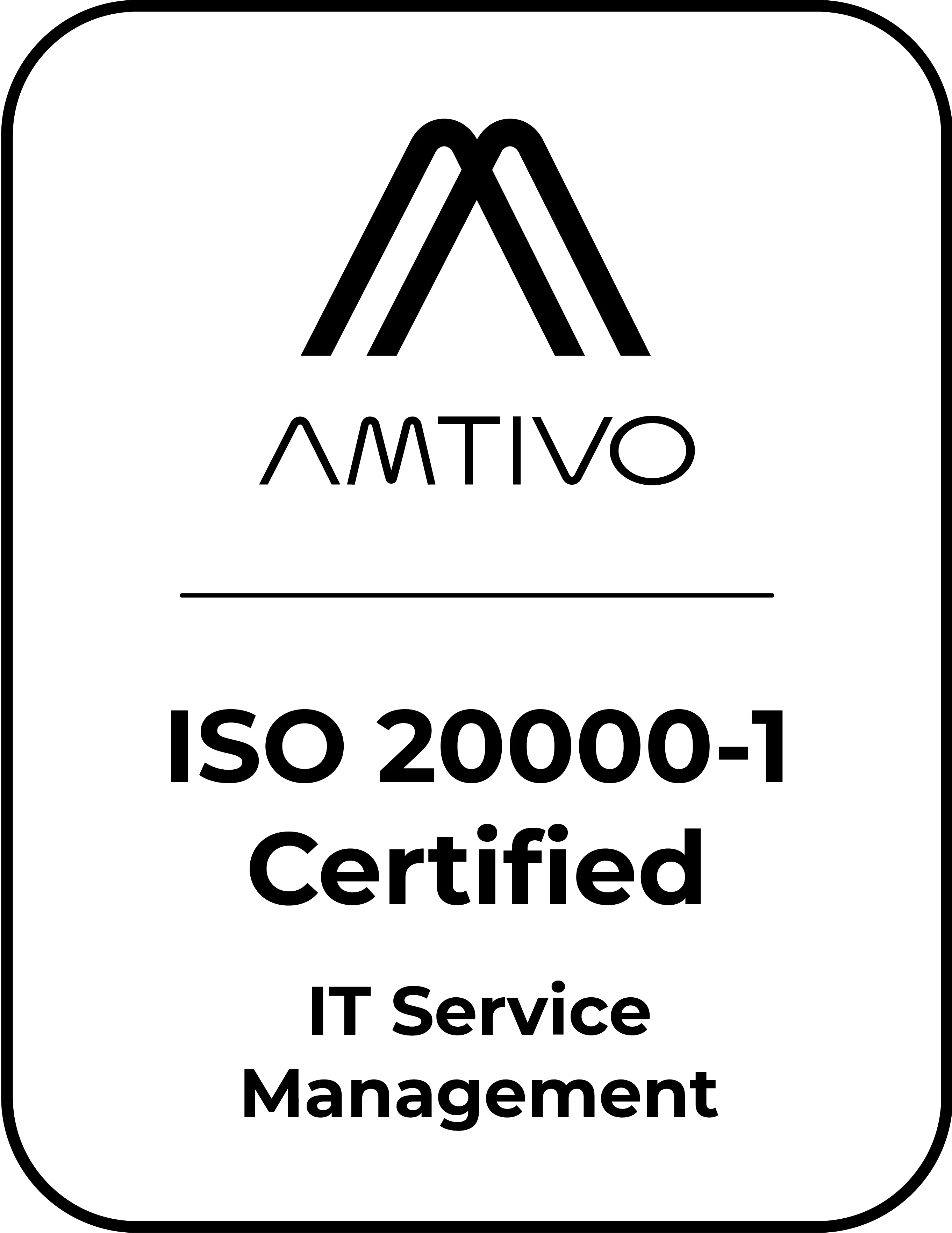IMYC LEARNING OUTCOMES
The goal of the IMYC is to outline the knowledge, skills and understanding students require across all subjects. The curriculum helps children to become more globally competent, as they learn about diverse cultures and engage in a multilingual education.
The IMYC can be used alone or in partnership with other curricula, thanks to its detailed and research-informed international perspective on learning. All Subject Learning Goals in the IMYC have been developed with assistance from the global teaching community, for teachers, by teachers, taking guidance from over 20 national and regional curricula. This makes it easy to adapt to local national curriculum standards, which is exactly what we do at our schools.









